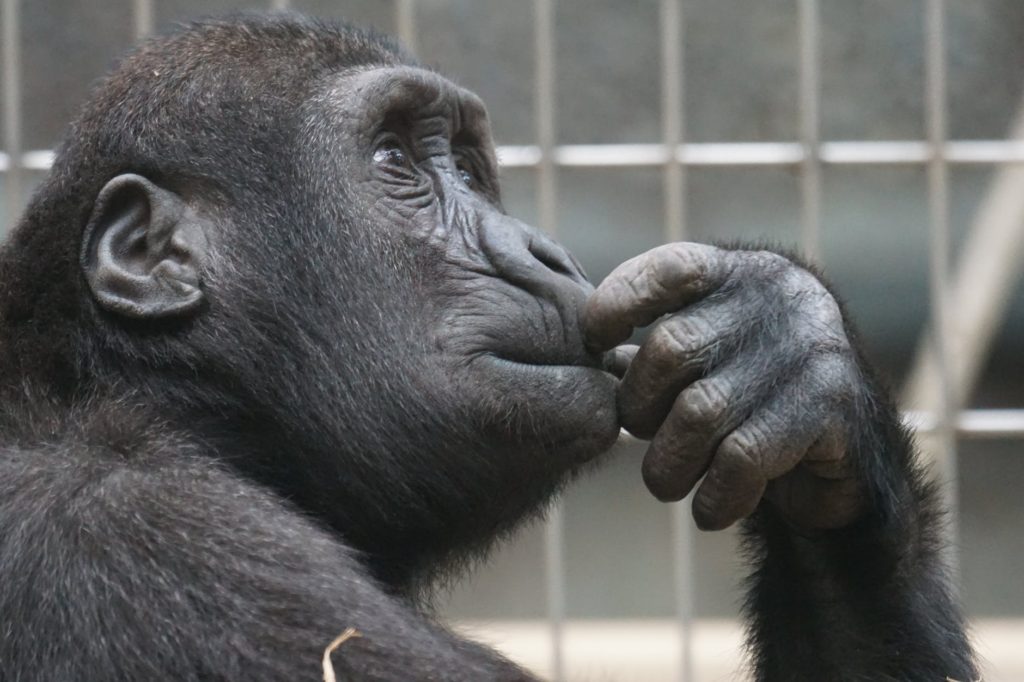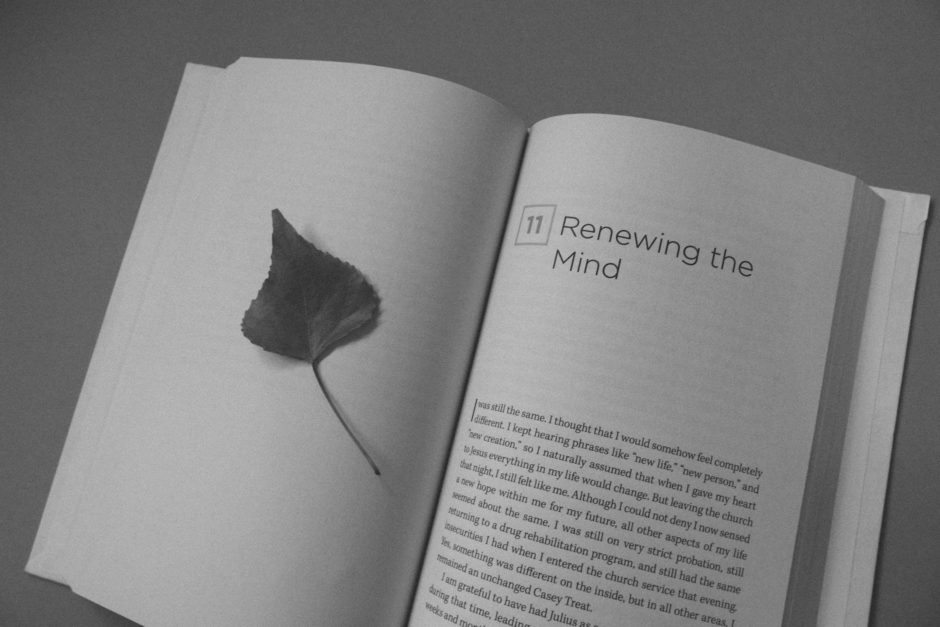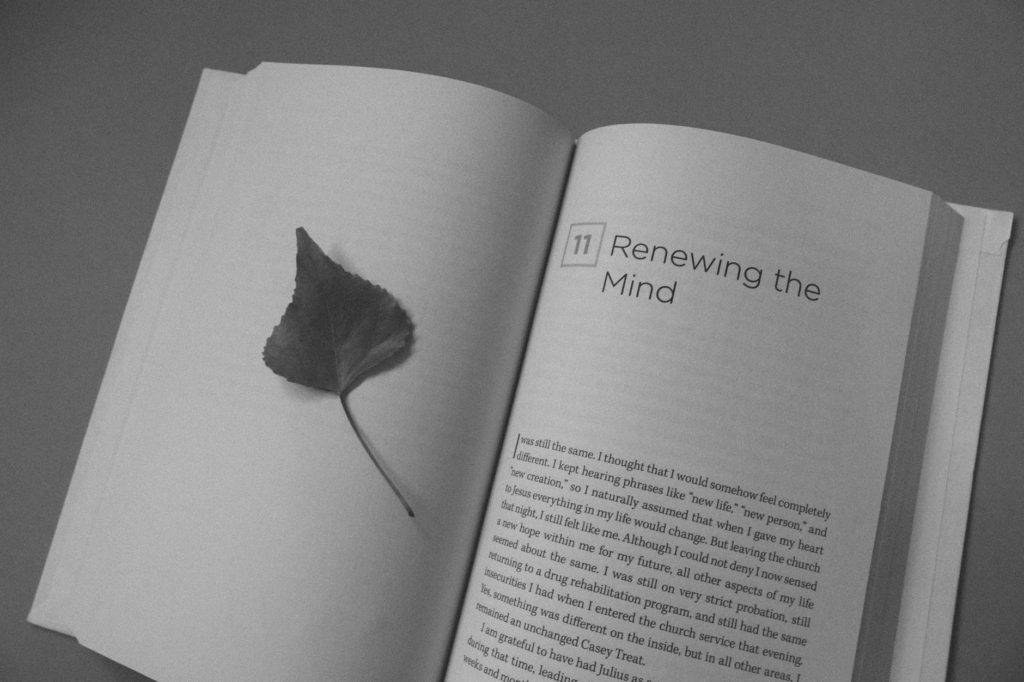“Our brain is a spiritual instrument and the science of spirituality is the textbook of how to properly play it.”
Melvin Morse, M.D.

Meditation is a way to stop the “monkey mind” (a Buddhist term for uncontrolled and confused thinking) and to learn how to “properly play” this great “spiritual instrument”: the brain. But, many people struggle with meditation (and its many forms) because if they try to stop thinking they crave thinking even more. Thinking then takes them over. Thinking controls them and not the other way around.
When we attempt to exert conscious control, a subconscious horde of arguments rise up fighting our resolve. This is why New Year’s resolutions are usually so short-lived and ineffective. Sometimes resolutions and affirmations backfire and make the habit or pattern worse. You intend to go on a diet and exercise and almost immediately become tired and hungry, thinking of all the “wrong” foods you want to eat. The fact is the 5% of the conscious identity is fighting the 95% subconscious, unconscious self that directs and thrives on repetitive thoughts. The conscious, full-of-itself-self (ego) thinks it’s the CEO but ideally would be the perfect Administrative Assistant to the wiser, healthier Higher Self. But the ego hates and fights that demotion.

My philosophy professor at university called the constant, non-stop chatter that generally passes for thinking, “grocery list thinking.” I understood that he meant by this the repetitive, rote nature of thoughts that deal with everyday “taking care of business” and the thoughts that are a bunch of already-been-thought thoughts. What we call thinking is often just repetition of thoughts already thought over and over again until they become thought habits, thought patterns, and thought belief systems. Ultimately they become thought addictions. To not think these thoughts or to have someone challenge them is painful and can cause strongly adverse reactions such as hurt, denial, anger, argument, aggression, or internal stress.
When I realized that thinking is probably the addiction that underlies all other addictions, I had a “Eureka!” moment, only to stumble onto Eckhart Tolle addressing the same condition of addictive thinking.
Repetitive, out-of-control thinking is stressful and impairs life because it fails to listen to anything but itself. It’s the thing that keeps people awake at night and causes knots in the stomach.
Stressful Thinking
To remedy this common problem, spiritual teachers and healers have over thousands of years created techniques to calm and master thinking and gain awareness of other ways of being. Some techniques are designed to stop thoughts. Others, because it is so difficult to stop thinking, are designed instead to give distance from thoughts. Centering Prayer for example works by witnessing thoughts. An example would be, “I am worthless.” [implied statement of fact, but really a belief]. In Centering Prayer, one might witness the thought and think, “I am having a thought that I am worthless.” (This begs the question who is thinking and who is observing the thinking).
[Next blog: different kinds of mediation and the subconscious saboteur.]
In my last blog I said, “I do NOT think—Therefore I am Aware” (boldly taking on Descartes’ proclamation, “I think, therefore I am.”).
Am I saying that thinking has no value? Of course, I’m not saying that. Of course, thinking has value. It is, along with the opposable thumb, one of the great gifts of humanity. But thinking has been elevated to an importance that exceeds its purpose; and now what often passes for thinking has fallen into a state that often renders it far less valuable than intended because it lacks insight, creativity and wisdom, and is merely a “laundry list.”
As I stated in the last blog, we do not need to think in order to BE. We do need to BE in order to think. The higher value goes to BEING. When I switch off my workaday thinking and enter into the silence then the thinking that follows is fresh, new and creative. The empty mind is open to inspiration—to creative thought. The brain becomes then the spiritual instrument it was always intended to be.
Nature is a constant process of creation and destruction only to create again and destroy again–an exquisite cycle of being. Empty becomes full only to empty – over and over.

This ability to be in Silence and Stillness was made easy for me by a profound near-death experience when I was 27. During that experience I lost my identity as a temporal being (and consequently returned with partial amnesia). Admittedly, it left me ill-prepared for daily life. It took me years to remember words, personal biography and to be able to read and write again. The challenge also contained a gift. The gift that has remained is being able to be at one with all that is. Despite the practical necessity of a persona (which took me years to re-establish), I did not and I do not possess a spiritual, emotional or intellectual desire for a separate ego identity. My persona (ego) is an instrument that serves me.
Close your mouth, block off your senses, blunt your sharpness, untie your knots, soften your glare, settle your dust. This is the primal identity.
Lao Tzu, Tao Te Ching (56)
In my “meditation” (which is really just showing up to Being) the result goes way beyond watching the thoughts drift by like clouds. My experience informs me that we are meant to transcend the clouds—the appearance of forms—to emptiness where Silence and Stillness resides, to Rumi’s field (see last blog). To say it another way, at the point between light and dark, true and false, good and bad, there is nothing to judge or interpret and therefore no need to think.
He who defines himself can’t know who he really is.
Lao Tzu, Tao Te Ching (24)


